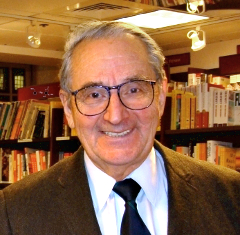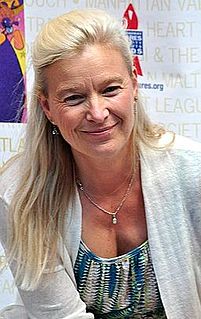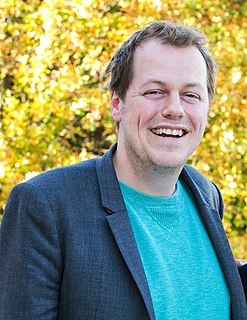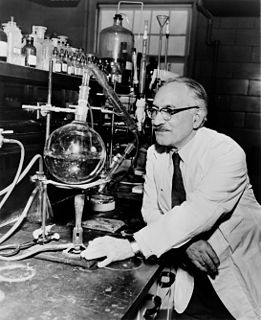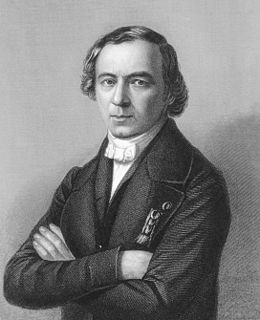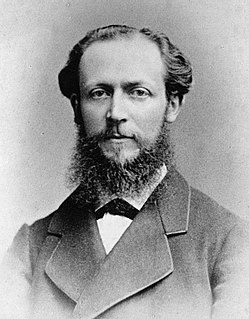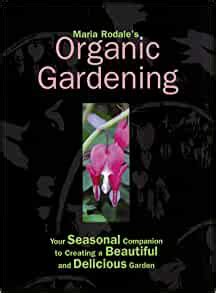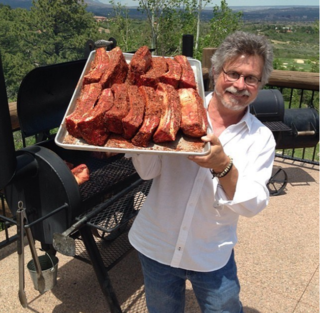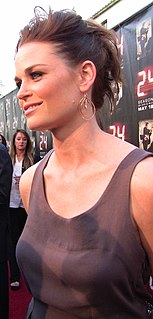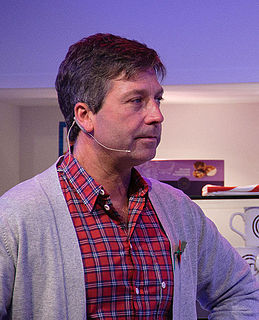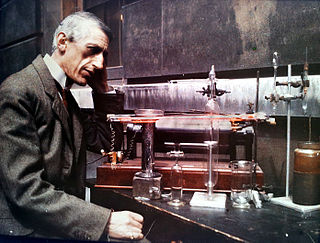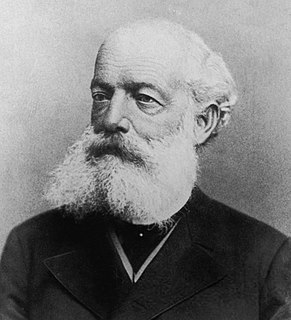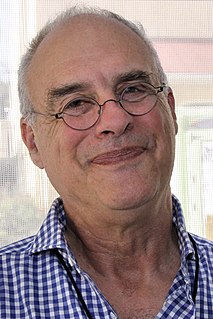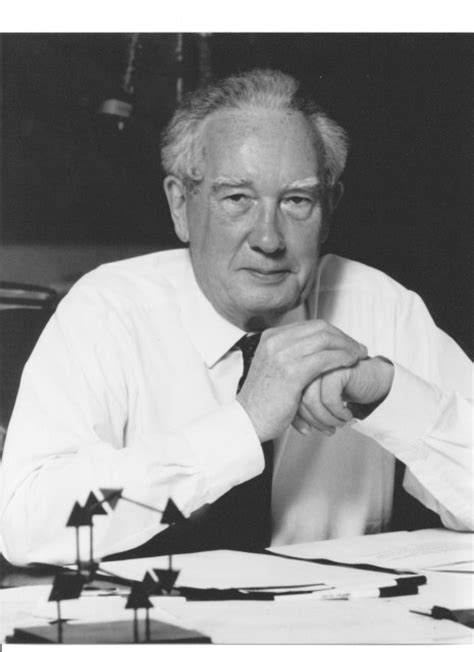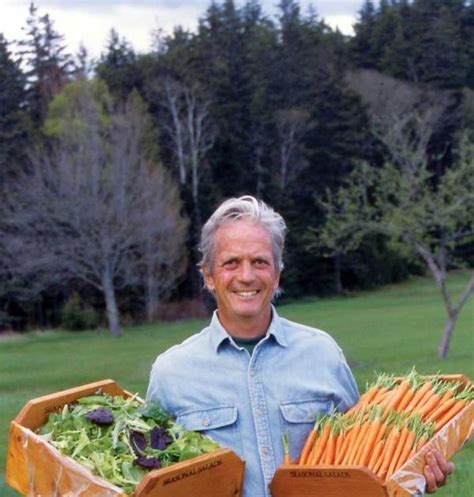Top 1200 Organic Compounds Quotes & Sayings
Explore popular Organic Compounds quotes.
Last updated on November 19, 2024.
Since chemical fertilizer burns out the soil organic matter, other farmers struggle with tilth, water retention, and basic soil nutrients. The soil gets harder and harder every year as the chemicals burn out the organic matter, which gives the soil its sponginess. One pound of organic matter holds four pounds of water. The best drought protection any farmer can acquire is more soil organic matter.
There are, in fact, very few organic zinc compounds; only the first members of the series, which correspond to the simplest organic radicals, can be prepared without too much difficulty, but they have the disadvantage of being spontaneously inflammable in air and are consequently very dangerous to handle.
Few scientists acquainted with the chemistry of biological systems at the molecular level can avoid being inspired. Evolution has produced chemical compounds exquisitely organized to accomplish the most complicated and delicate of tasks. Many organic chemists viewing crystal structures of enzyme systems or nucleic acids and knowing the marvels of specificity of the immune systems must dream of designing and synthesizing simpler organic compounds that imitate working features of these naturally occurring compounds.
Organic is something we can all partake of and benefit from. When we demand organic, we are demanding poison-free food. We are demanding clean air. We are demanding pure, fresh water. We are demanding soil that is free to do its job and seeds that are free of toxins. We are demanding that our children be protected from harm. We all need to bite the bullet and do what needs to be done—buy organic whenever we can, insist on organic, fight for organic and work to make it the norm. We must make organic the conventional choice and not the exception available only to the rich and educated.
Originally, the atoms of carbon from which we're made were floating in the air, part of a carbon dioxide molecule. The only way to recruit these carbon atoms for the molecules necessary to support life-the carbohydrates, amino acids, proteins, and lipids-is by means of photosynthesis. Using sunlight as a catalyst the green cells of plants combine carbon atoms taken from the air with water and elements drawn from the soil to form the simple organic compounds that stand at the base of every food chain. It is more than a figure of speech to say that plants create life out of thin air.
There's a lot of research that suggests that organic yields are close or superior to conventional yields depending on factors like climate. In a drought year an organic field of corn will yield more - considerably more - than a conventional field; organic fields hold moisture better so they don't need as much water. It simply isn't true that organic yields are lower than conventional yields.
The individual's habits of thought make an organic complex, the trend of which is necessarily in the direction of serviceability to the life process. When it is attempted to assimilate systematic waste or futility, as an end in life, into this organic complex, there presently supervenes a revulsion.
I never use organic vegetables. Why would you want to? The idea of taking a courgette grown in a third-world country in an organic field, packed into a polystyrene box, flown across the oceans, washed in chlorinated water, packed into a foam box, driven halfway across the country, wrapped in plastic and stamped 'organic,' what's the point?
If you do just one thing—make one conscious choice—that can change the world, go organic. Buy organic food. Stop using chemicals and start supporting organic farmers. No other single choice you can make to improve the health of your family and the planet will have greater positive repercussions for our future.
I think chemistry is being frittered away by the hairsplitting of the organic chemists; we have new compounds discovered, which scarcely differ from the known ones and when discovered are valueless-very illustrations perhaps of their refinements in analysis, but very little aiding the progress of true science.
Organic Oreos are not a health food. When Coca-Cola begins selling organic Coke, as it surely will, the company will have struck a blow for the environment perhaps, but not for our health. Most consumers automatically assume that the word "organic" is synomymous with health, but it makes no difference to your insulin metabolism if the high-fructose corn syrup in your soda is organic.


